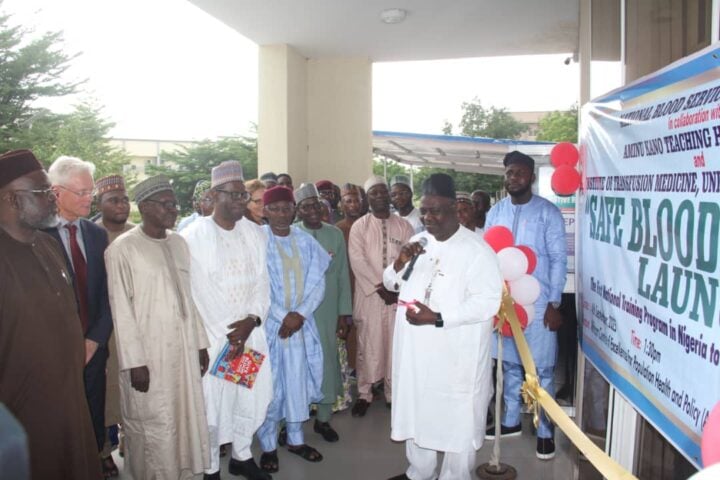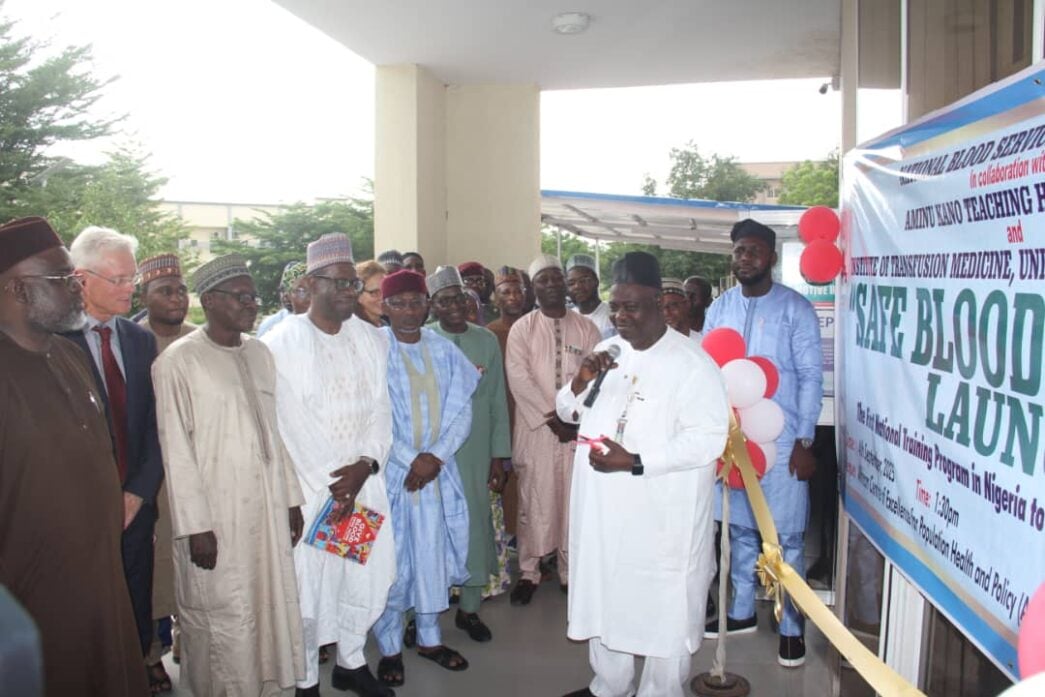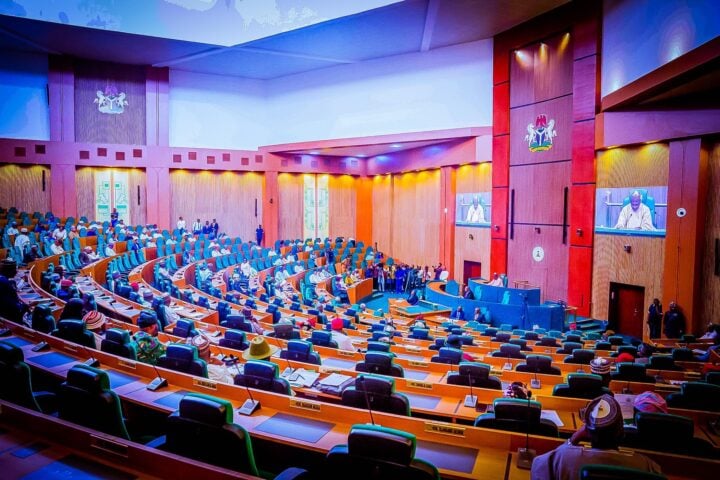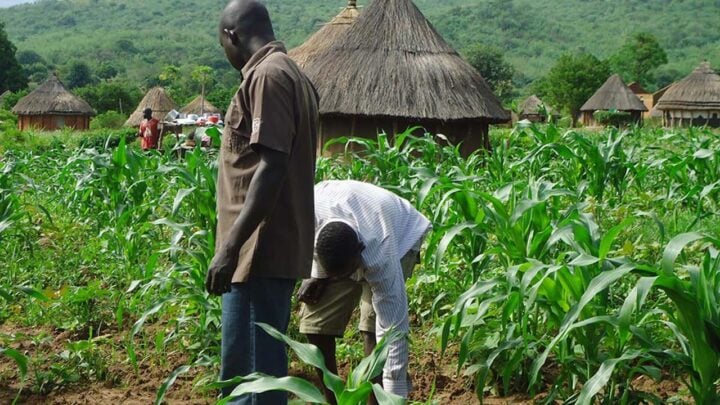The federal government has launched a new initiative aimed at transforming blood transfusion services across the country.
The safe blood project, unveiled at Aminu Kano Teaching Hospital (AKTH), Kano, is Nigeria’s first national training programme dedicated to transfusion safety.
Ali Pate, coordinating minister of health and social welfare, represented at the event by Salaudeen Jimoh, director of hospital services, described the launch as a “significant milestone in our collective effort to strengthen healthcare systems and save lives”.
“Safe blood is not just a medical commodity; it is a lifeline,” Pate said.
Advertisement
“Every day in Nigeria, mothers in childbirth, children with severe anaemia, victims of road accidents, and patients undergoing surgeries depend on blood to survive.
“Unsafe transfusion practices can cause harm rather than healing. That is why this project is so vital.”
The minister added that the initiative aligns with the federal government’s priority of reducing maternal and child mortality and improving emergency care.
Advertisement
“Access to safe blood is a fundamental right in modern healthcare,” he said.
“With this project, Nigeria is moving closer to achieving universal health coverage.”
Pate said the project is a statement of intent by the government to guarantee safe blood access across Nigeria.
“This launch represents our renewed determination to guarantee that every Nigerian, regardless of location or circumstance, has access to safe, adequate, and quality-assured blood and blood products whenever needed,” he said.
Advertisement
The safe blood project, coordinated by the National Blood Service Agency (NBSA), is designed to train health workers in transfusion medicine, strengthen laboratories for safe screening and storage, and promote voluntary, non-remunerated blood donation.
It will also support research to guide policy and establish monitoring systems to reduce transfusion-related risks.
Saleh Yuguda, director-general of the NBSA, said the initiative goes beyond mere infrastructure.
“Safe blood cannot be achieved by infrastructure alone,” Yuguda said.
Advertisement
“It requires competent hands, knowledgeable minds, and strict adherence to standards. Every transfusion must be safe, effective, and justified.
“Together, we are building a Nigeria where no life is lost due to unsafe blood transfusion.”
Advertisement
Yuguda said the outcomes of the project would be replicated across all 36 states to improve access in rural and urban areas.
The initiative is the product of a long-standing collaboration between Nigeria and international partners.
Advertisement
Andreas Greinacher, a transfusion medicine specialist from the University of Greifswald, Germany, urged the Nigerian government to invest more in research.
“No life should be lost due to absence of blood or unsafe transfusion,” Greinacher said.
Advertisement
“When government commits to clinical research, it has multiplier effects that strengthen the economy, communities, and national resilience.”
The project is supported by Else Kröner-Fresenius Stiftung, a German foundation that has funded health interventions across Africa.
Abdulrahman Sheshe, chief medical director of AKTH, said the decision to host the project in Kano was timely.
“Blood is critical to every surgical procedure,” Sheshe said.
“This project ensures that we give it the attention it deserves, making it available, safe, and accessible at all times.”
Traditional and religious leaders in Kano were also commended for their role in encouraging voluntary blood donations, described as “sadaqah jariyah” in Islamic teaching.











